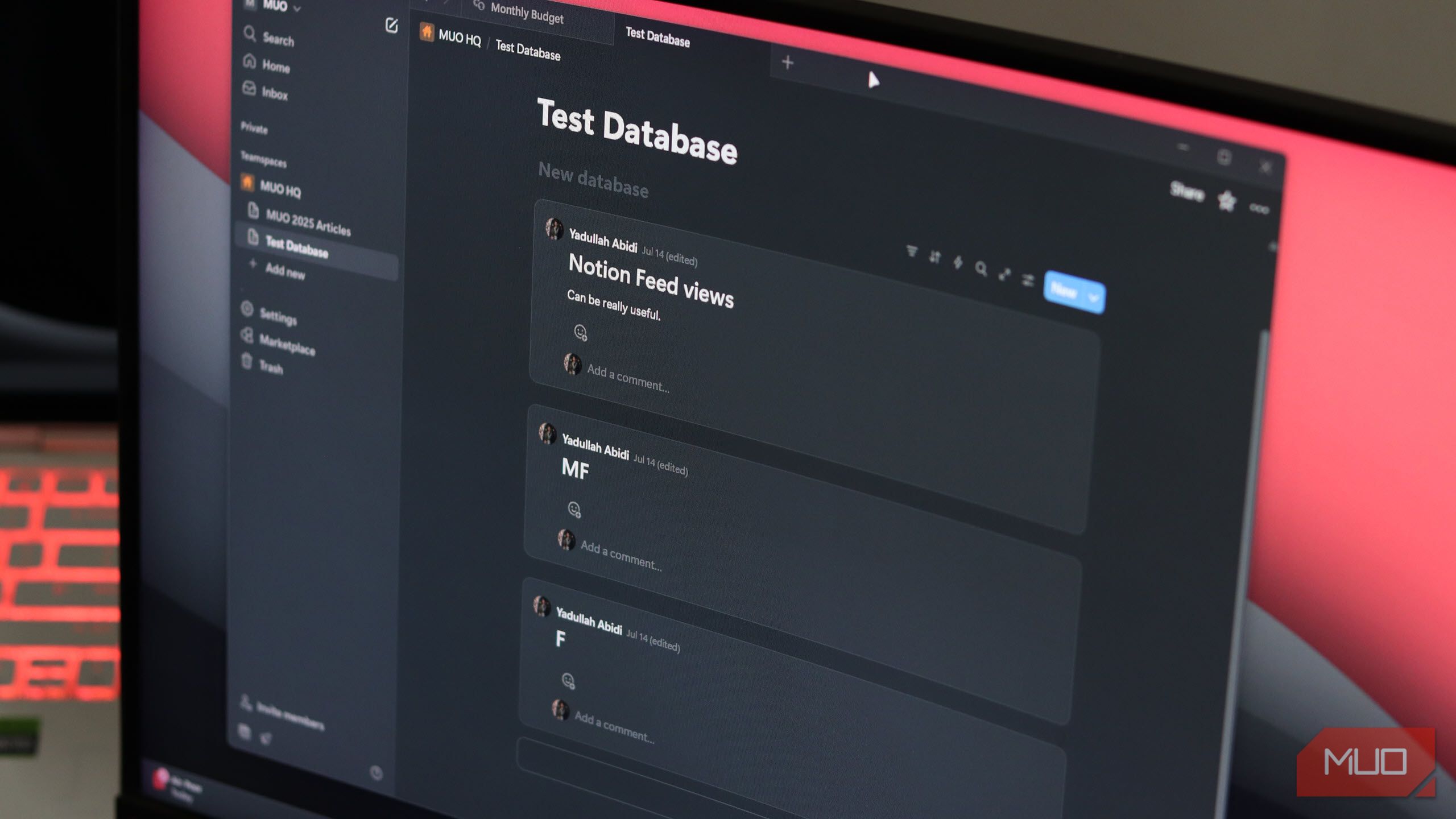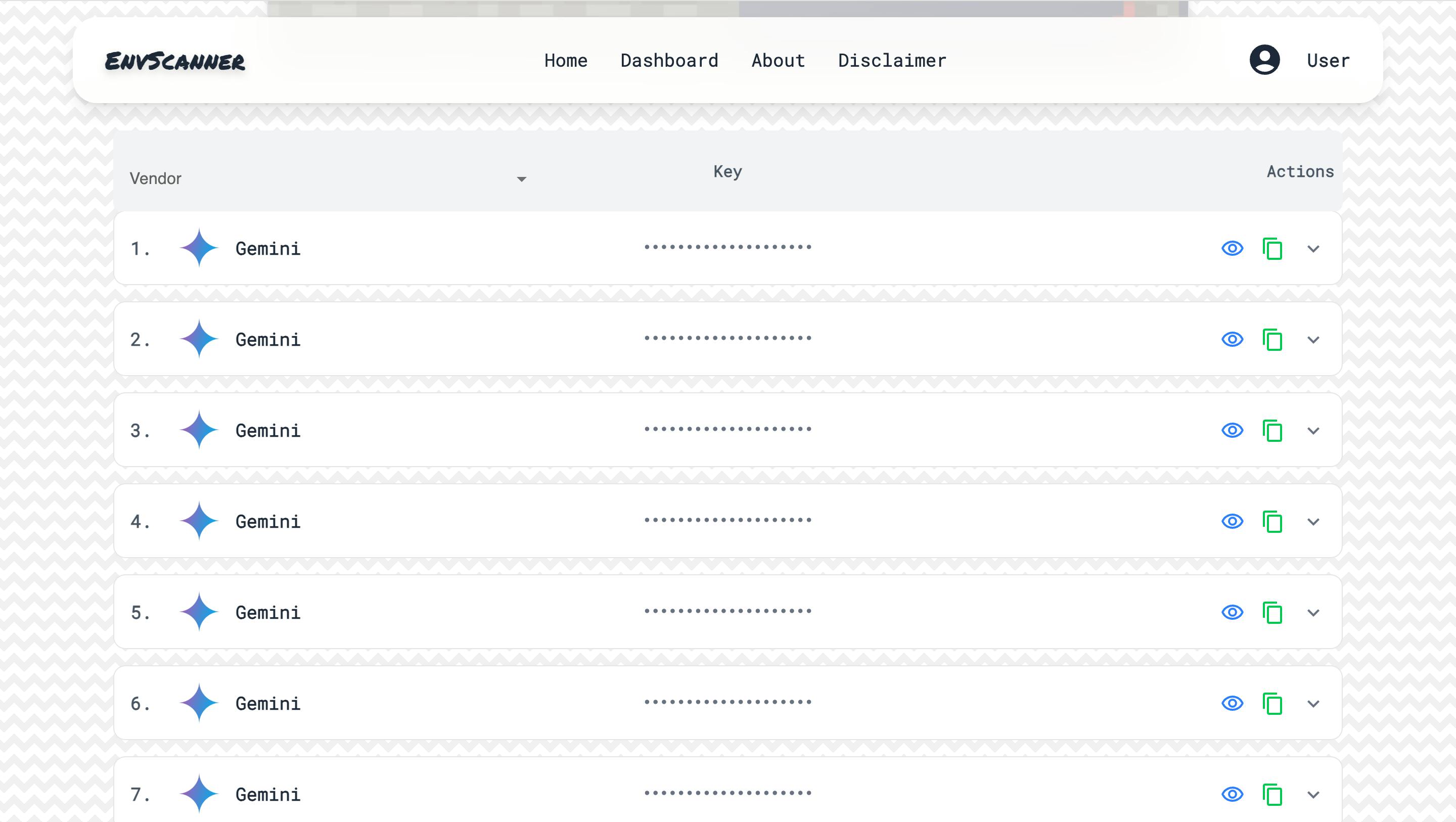Winich Farms, the Nigerian agritech startup which raised $3 million in pre-Series A funding in October 2024, has closed an extension round with participation from DisrupTech Ventures, worth six figures in dollars.
This marks the first time that DisrupTech Ventures, an early-stage venture capital firm which typically backs fintechs in the Middle East and North Africa (MENA) region, has cast its net into Sub-Saharan Africa. Winich Farms is only its second agritech investment, after it backed Egypt’s Mozare3 in 2021.
Winich Farms did not share the exact amount raised or the valuation for the round. But according to CEO and co-founder Riches Attai, conversations with DisrupTech started two years ago.
“I had tried to get Malek Sultan [a key partner at DisrupTech] onboard with what we were doing two years ago,” said Attai. “But one, they [DisrupTech] weren’t focusing on Sub-Saharan Africa, and two, they were very big on fintech, which was understandable. But DisrupTech remained in our pipeline.”
After its pre-Series A round in October, Winich Farms received several offers from investors for an extension round, all of which it declined. The agritech startup had no plans of raising extension funding until DisrupTech came along.
The deal made sense for Attai and his team because they were expanding their technology and building an embedded finance product, which allows smallholder farmers to access credit to scale their production. DisrupTech, with partners like Sultan and Mohamed Okasha—who co-founded Egypt’s first fintech unicorn, Fawry—has experience scaling fintech products, which Attai says is a key value the investor brings.
Following the extension round, Winich Farms will add DisrupTech to its board. Sahel Capital, an agritech investor which participated in Winich Farms’ pre-Series A round, will also sit directly on the startup’s board, bringing a balanced mix of fintech and agritech experience.
Winich Farms digitises the farm-to-market supply chain, sitting as the operational wheel between smallholder farmers and offtakers. The startup replaces informal middlemen who often buy low from farmers and sell high to commercial buyers. With Winich Farms’ model, Attai claims farmers are priced fairly for their farm produce, and the startup sells them at slightly marked-up prices to offtakers.
It uses collection points situated near the farms in rural areas, and run by field agents. Previously, during transportation, large 60-ton trucks would wait at city centres, and mini trucks would go to the collection points and supply to that big truck. The big truck then delivers to offtakers. But this was unsafe, with banditry on the rise.
However, with the $3 million in pre-Series A funding, Winich Farms has now set up four fulfillment centres in accessible locations in Kwara, Benue, Kebbi, and Taraba states, where the large trucks can easily reach. Now, the agents at the collection points deliver to the fulfillment centres and earn their quota. The large trucks pick up produce from these fulfillment centres and deliver to offtakers.
In line with its goal, the agritech startup has also scaled card issuance from 5,000 smallholder farmers to 60,000 in seven months. To onboard farmers, Winich collects their Bank Verification Numbers (BVNs) on its embedded finance app and links each card to the farmer’s identity. This gives them a digital profile and makes it easier to connect them to credit and insurance services provided by third-parties.
With a growing network of agents, new fulfillment centres in place, and embedded finance rolling out at scale, Winich Farms is locking in its position in Nigeria’s $600 million agritech market where it competes with ThriveAgric, Farmcrowdy, Zowasel, and AgroMall.
Mark your calendars! Moonshot by is back in Lagos on October 15–16! Join Africa’s top founders, creatives & tech leaders for 2 days of keynotes, mixers & future-forward ideas. Early bird tickets now 20% off—don’t snooze! moonshot..com










